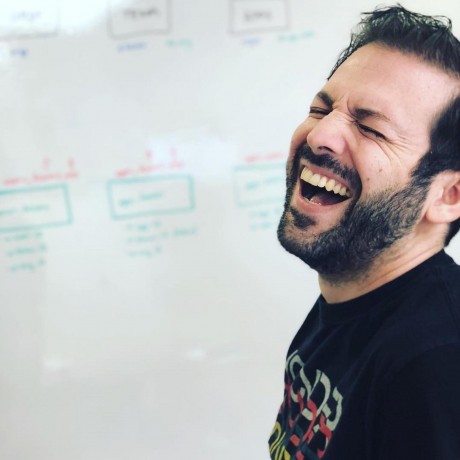5 Tips to Writing - Dialogue
Published
on Feb 4, 2012
When they say "communication is key", then they would be right, but of course there is always another question to ask: who is they? Writers don't necessarily need to be profound public speakers, or even people who like talking in general. Though on the flip side of that coin writers need to know how people communicate. Now comes the time when you stuff your satchel full of notebooks (Moleskine are my personal favorite), and bundle of pens. For this next tip and writing assignment your going to need the blank space, and the spare ink to make it through. If the time limit scares you, then I'll encourage you to write in small chunks. Take 10 mins at a time, but still try to use the full 60 minutes. Some writing habits rarely work in only 10 minutes a day.
There is a time I set aside every week to write uninterrupted for an hour. I still usually write throughout the week, but to set aside that quiet time gives me the space to collect all those rambled thoughts into one cohesive piece.
## Listen to the Chatter
Similar to the last exercise, find a place where you can listen in on some conversation. Be careful though as some people do not like to be eavesdropped on, and most importantly be respectful. The point of this time is to listen how people interact with one another using works, slang, and even profanity. It's about taking several jumbled conversations and using the words to craft your own realistic dialogue.
## Listen
For the first 30 minutes collect random snippets of dialogue from several conversations. A few sentences here and there. Maybe even one person is taking about a recent promotion, and another about a job loss, while even another group is talking about the last few minutes of the game they watched the night before.
## Work
Then the last 30 minutes take a few of those lines, the ones that caught your eye, and craft a dialogue between two characters. Write only dialogue, no setting descriptions or setup required to create the scene at all. You can note the place where you are writing for personal remembrance, but the point of this exercise is to strengthen your dialogue skills.
## Experienced Speakers
If you like to talk to people then you can always strike up a conversation with someone about a random topic and see where it goes. This can be a good way to gauge mood, and presence to add a little depth to the dialogue. If you're up for it us this in place of the first 30 minutes, and then write about the encounter using strictly dialogue. What were the most important parts for you while you were listening and talking?
